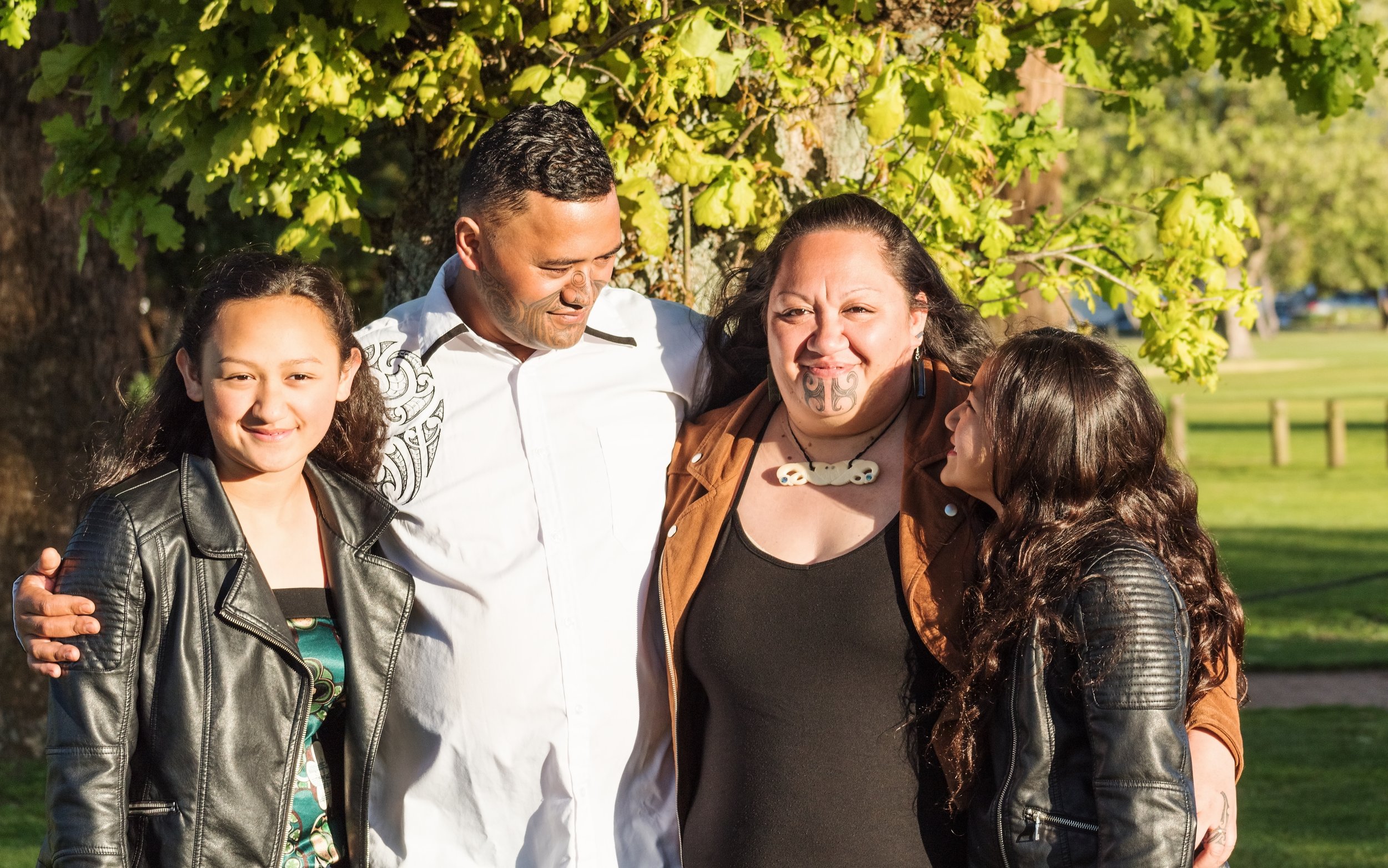A duty to care
This is the third article in a 7-part series about one of the most significant contributions to eliminating family violence in Aotearoa New Zealand in the last decade.
A Duty to Care/Me manaaki te tangata is the Seventh Report by the Family Violence Death Review Committee (FVDRC) published June 2022. It drew on findings and recommendations from in-depth reviews conducted between 2019 and 2021, and previous Committee reports, to highlight where there was a lack of progress from government agencies, including health, to work towards responsiveness for those experiencing violence.
The FVDRC draws attention to the concept of a ‘duty to care.’ In a western framework, a ‘duty of care’ is a legal obligation to ensure the safety or wellbeing of others.
“In contrast, te ao Māori introduces relevant relational obligations, values, and practices. Whakapapa creates a duty to care for those who are joined together by blood and common ancestry. Whanaungatanga extends beyond people to include the environment and spiritual realm. Manaakitanga (ethos of care) embodies a type of caring that is reciprocal and unqualified, based on respect and kindness. It is holistically embedded in the values of whānau.” (From the Executive Summary)
The report uses the term ‘duty of care’ in the te ao Māori sense when it talks about the relational obligations to each other as humans. The western framework is still implied when referring to legal obligations of individuals and agencies.
The report places specific focus on two areas:
intra-familial violence homicides and
family violence homicide for disabled people.
Highlights include how family or whānau take on their obligations to their own and often shoulder the burden of poor service delivery or the divide between Crown and community services.
The report raises questions about whether government agencies understand
the impact of violence on the whole whānau;
the impact of what it takes to care for family members with long-term health or disability concerns; and
whether people with disabilities are at higher risk of abuse due to societal and governmental practices and assumptions
From the in-depth interviews, the FVDRC concludes that Aotearoa New Zealand has been pushed away from caring for people who experience family violence, reinforcing messages that no one is there to help them.
The Committee stresses the need for a more seamless family violence system where government agencies, including health, are responsive to community organisations, enabling more flexible and collective approaches. This requires movement towards an oranga model that reflects an understanding of wellbeing and an investment in good partnership through a considered and relational process, the te ao Māori view of a ‘duty to care.’
Three well-respected Māori provider organisations feature examples about how they are implementing a duty to care within the context of their professional practice; they make clear a duty to care is possible. They include Tū Tama Wāhine o Taranaki Inc, Tūhoe Hauora, and Manaaki Tairāwhiti.
Instead of the usual recommendations, the Seventh Report concludes with a series of questions for government agencies to reflect on. As FDVRC Chair Dr Fiona Cram MNZM says in her introduction,
“We are insisting that the people in these agencies, and the agencies themselves, simply do their job and uphold the spirit of service to the community.”
Read the report
Videos from affected communities
The release of the Seventh Report included four video interviews with a range of affected communities mentioned and discussed in the report. There is also a video conversation between members of the FVDRC discussing the report. Below are links to each video (captions and transcripts are also available here).
Reflections from the disability community (26 mins)
Featuring:
Rachel Noble MNZM – general manager disability strategy planning and performance, Capital & Coast District Health Board
Dr Huhana Hickey MNZM – Ngāti Tāhinga, Whakatōhea, disability rights lawyer
Reflections from the migrant community (17 mins)
Featuring Silvana Erenchun Perez, strategic manager, Shama.
Thoughts of tangata whenua on the 7th Report (28 mins)
Featuring
Leslynne Jackson, lead, Manaaki Tairāwhiti
Denis Grennell, kaumātua, Ngā Pou Arawhenua

